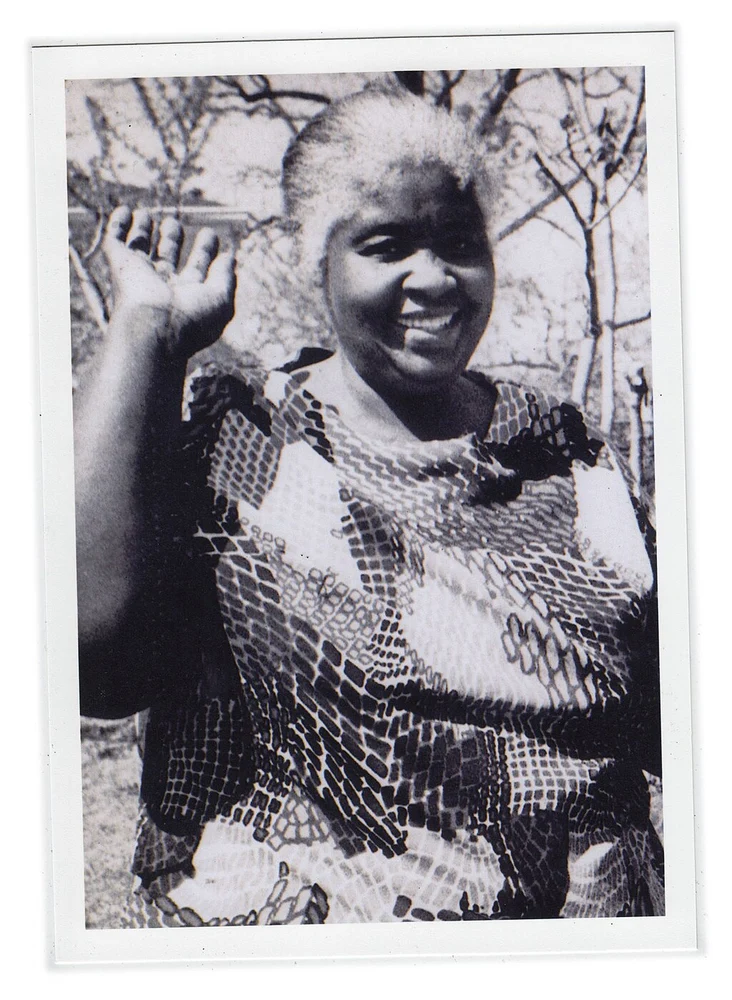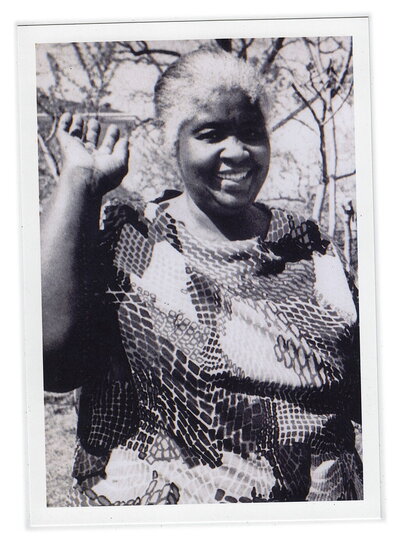

In his book Food Power Politics: the Food Story of the Mississippi Civil Rights Movement, the sociologist Bobby Smith II explores how food was both weaponized and used as a tool of resistance in the struggle for Black equality, telling the story of the activist and cook Georgia Gilmore – whom he calls an unsung civil rights heroine for the way she used sweet potato pie to advance the cause.
A cook at a popular Montgomery, Alabama, restaurant, Gilmore stopped riding the bus in October 1955, after she paid her fare and the white driver left without her. When Rosa Parks refused to give up her seat and the Montgomery bus boycott began in earnest that December, Gilmore was ready. She quietly started making and selling food, including her sweet potato pies, to support drivers who were taking people to work. She enlisted her friends to bake and sell food too. When asked where the money came from, she answered, “nowhere”, so her secret baking crew was dubbed the Club From Nowhere.
“She was using it as a way to dismantle white supremacy,” says Smith, who teaches at the University of Illinois Urbana-Champaign. “Her arsenal is filled with recipes and … culturally appropriate food.”
When Dr Martin Luther King Jr was indicted for violating an Alabama law forbidding boycotts, Gilmore testified in his support. Her job fired her, so King gave her money to start a home restaurant.
Her home in Montgomery became a headquarters where civil rights activists and leaders relaxed, refueled and made plans over her home-cooked fried chicken sandwiches, pork chops, lima beans and greens. Even presidents Lyndon B Johnson and John F Kennedy were patrons. Her home joined a circuit of safe-space restaurants for civil rights activists that included Paschal’s in Atlanta, Dooky Chase in New Orleans, and Big Apple Inn in Jackson, Mississippi.
“Georgia Gilmore wasn’t just serving a hot lunch. It was a lunch rooted in African American foodways,” Smith says. “And we know … that sweet potato pie is oftentimes a central actor in those foodways. It’s a way to keep Black people on [activists’] minds, even if they’re not thinking about the food that deeply. It’s doing the work.”
Read the full article here.